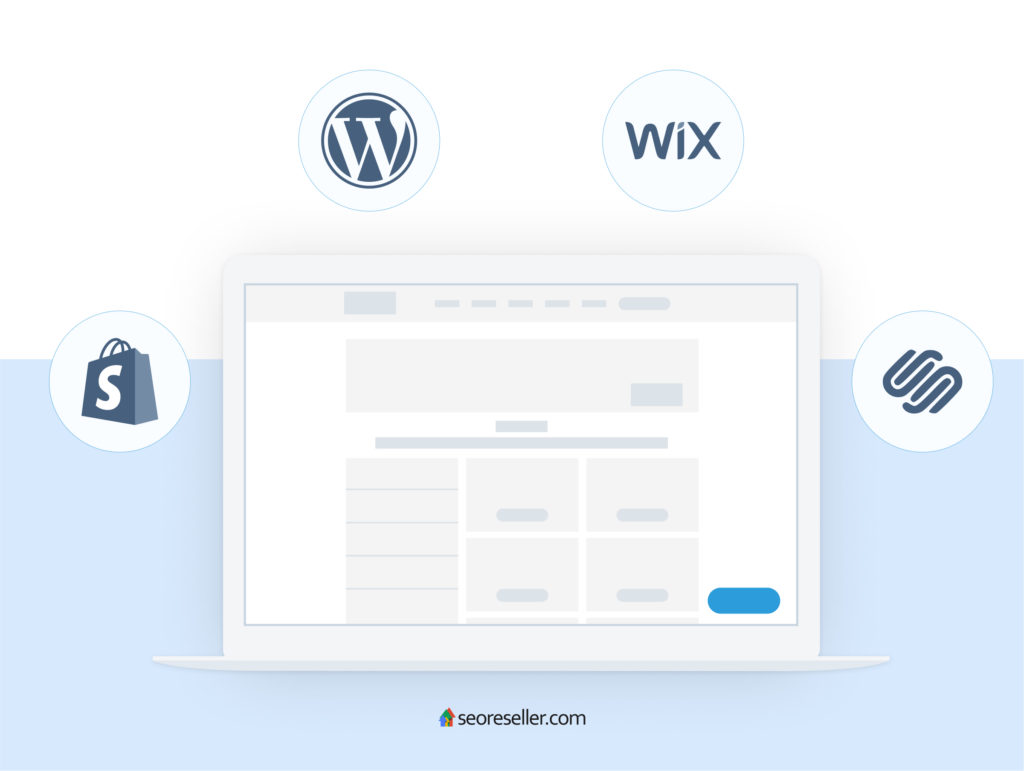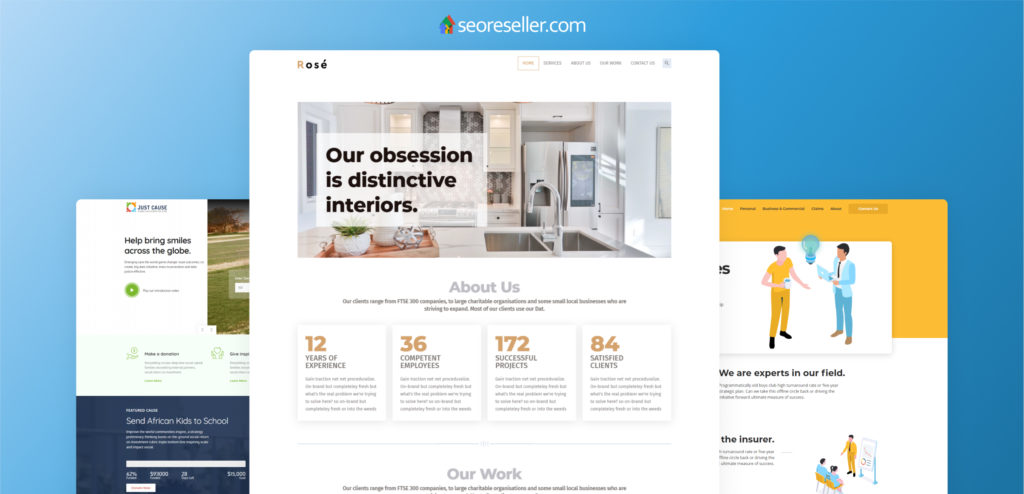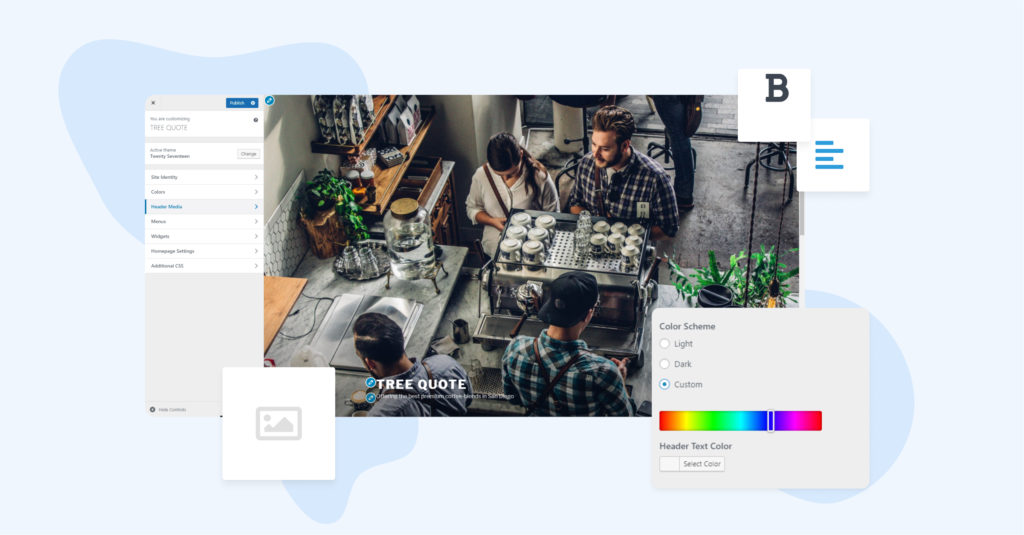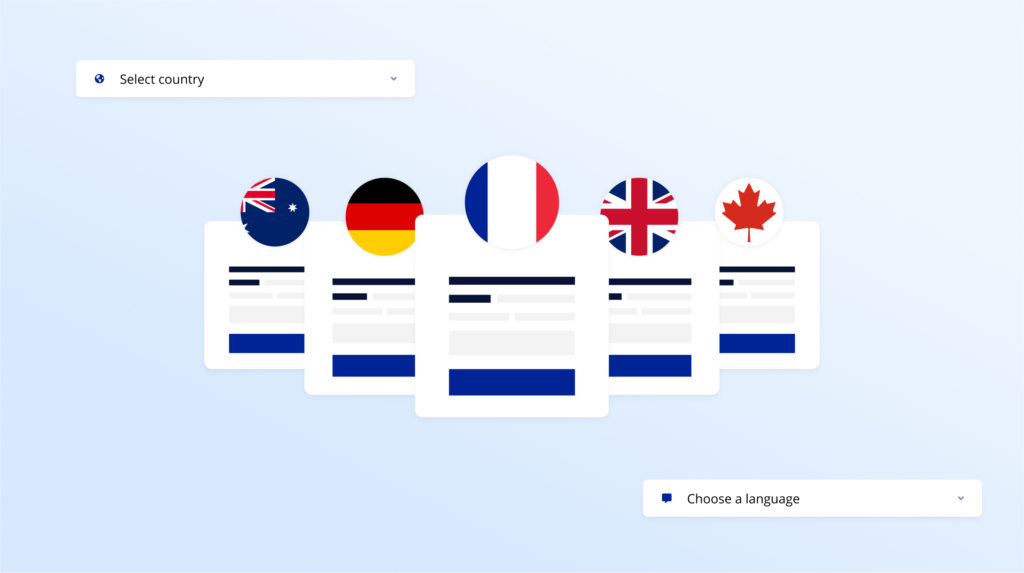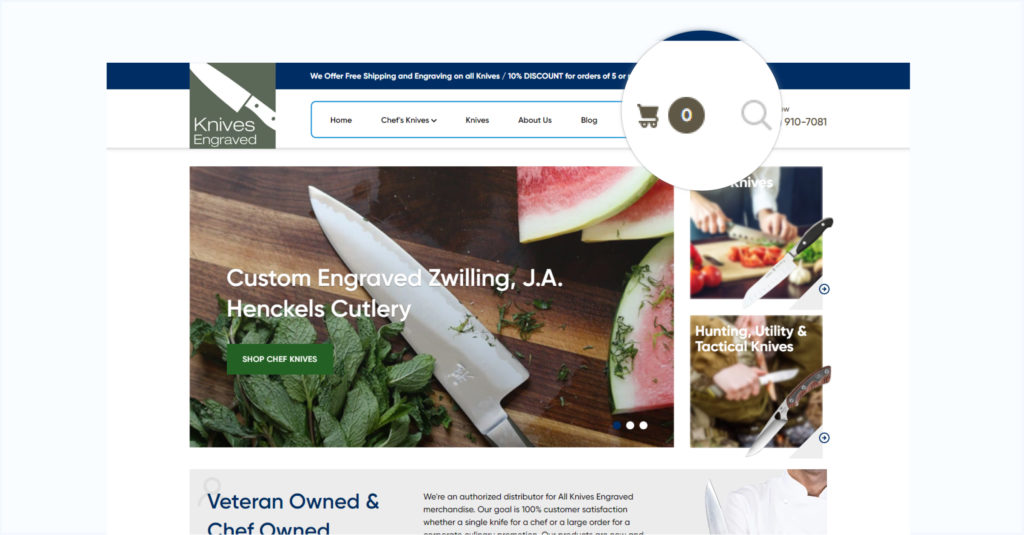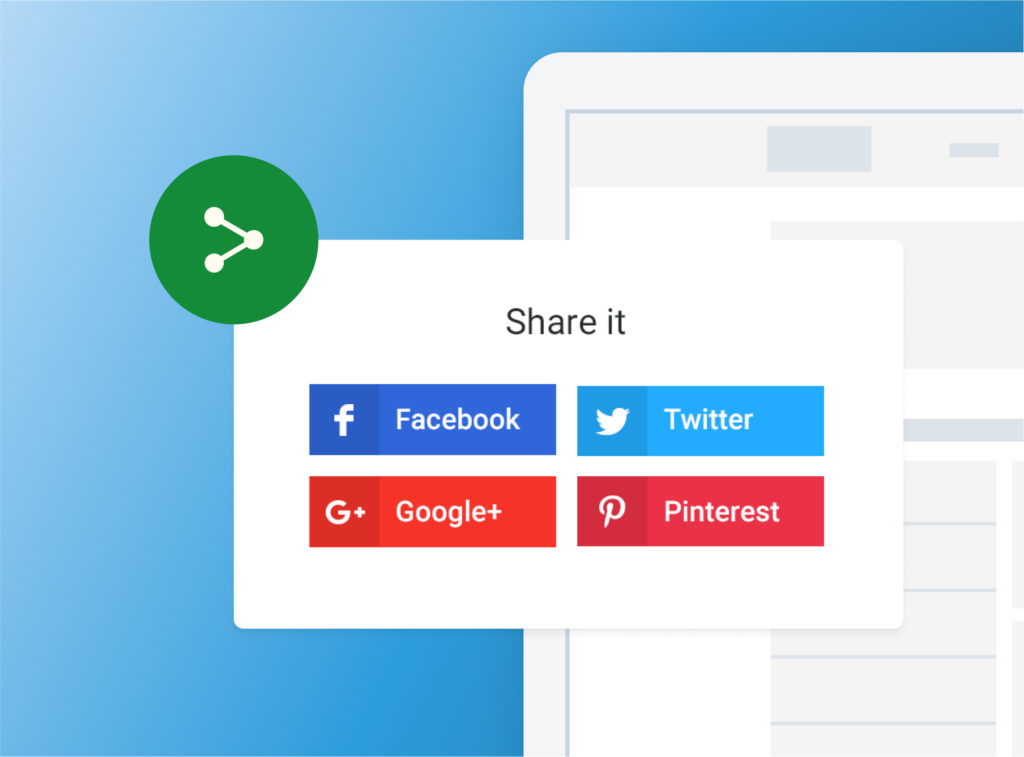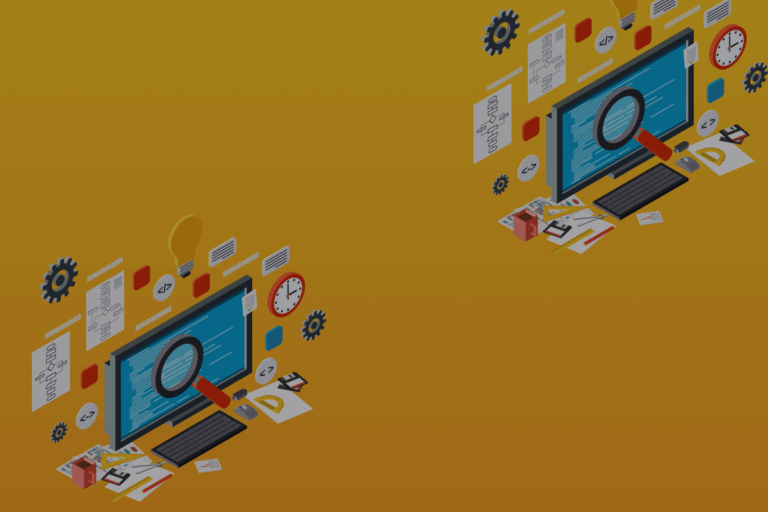Some small businesses are now beginning to realize that social media isn’t enough to get their messages or products out in the market these days. To truly establish an internet presence that represents a brand, a website is necessary to stand out from the competition.
Selling web design is different from selling SEO. SEO is a process of analysis and modification. In web design, the output has to be reviewed by clients so they can send comments and feedback for revisions if they find anything that needs to be changed.
In order to create a web design that’s beautiful and flexible enough to meet your client’s expectations, you have to choose the right website builder and make sure that you choose one that you can use with multiple outsource web design projects.
1. Easy-to-use interface
As a startup agency offering web design services, you should choose a website builder that’s easy for you or your web development team to operate. Whether it’s WordPress, Wix, Shopify, or another platform, you should always ask if it’s easy for someone who isn’t a web developer to use.
A website builder should be designed for you to create a website quickly so the interface shouldn’t be complicated and hard to navigate. Your time is valuable and you should spend it on designing websites for your clients, not trying to figure out how the features of a web builder work.
Look for a platform with organized features laid out clearly in the editor. It should be pretty straightforward to add pages and elements up until changing themes and color schemes.
2. A wide selection of high-quality web design templates
High quality web design shouldn’t only look good, it should also function the way users want it to. In order to convert traffic that lands on your website, go for a design that catches the eyes of your target market. Finding leads and attracting them to click on a site isn’t easy, but when they finally land on your page, the first thing that they notice is the design. If it’s not catchy enough, there’s a high chance you’ll lose potential clients.
Picture multiple clients wanting to outsource web design services to your agency. You have to be able to design websites for different clients who have different goals and needs. In order to do this, templates should be customizable enough to the point where you can have a result that’s far from the original template you started with. This means having the capability to move any element you choose to wherever you choose to place it. Choose to build your website on a platform offering top-notch themes for both free and paid options.
Here are additional factors you should consider before choosing a template for your web design:
- Mobile Responsiveness
- E-commerce Functionality
- Design Customizability
3. High-quality custom-user experience (optional)
Whether you’re planning on outsourcing web design or hiring a third-party development team to build client websites, designing a website on a web builder that’s easy to customize will increase productivity and will benefit your team more.
With this in mind, it should be developer-friendly. Everything from design to the backend should be manageable and easy for the team to make sure that the website will run smoothly. Also, whether or not you’re offering SEO services or PPC, it should always be a breeze to apply SEO, place ads, and manage content.
4. Mobile site builder
Google, the largest search engine in the world, announced that it will be switching to mobile-first indexing starting September 2020. It’s now a must for websites to be optimized for mobile devices as well. It’s easy to miss this step since designing websites is mostly done on desktops or laptops. As the majority of users and buyers will be browsing the web using their mobile devices, you want an agency website that’s mobile-friendly so it will look great on any device – whether smartphones or tablets.
Elements to look for in a mobile website builder:
- Beautiful templates that work well in both desktop and mobile devices
- Responsive
- Secure and reliable hosting
- Ability to drag and drop elements
- Solid built-in eCommerce tools
5. Sales features
If you’re designing a website for a client who wants to focus heavily on eCommerce, you have to take into consideration the sales features of that website builder.
- Localization. If you have clients who are targeting international clients, you have to take note of language and currency adjustments. Look for a website builder where customers can adjust the localization settings.
- Simple navigation. One design feature of an effective ecommerce website is that it’s easy to navigate. Customers should easily find things they’re looking for. You should be able to design your website in a way that it features shortcuts like Advanced Search, Wish List, Shopping Cart, and Account or User Profile.
- Detailed Product Pages. Your website builder should have features that allow your product to shine and easily be understood by the consumer. This includes photos, product name and description, price, and easily detectable ‘Add to Cart’ CTA.
- User Review Feature. Social proof is one of the most important factors in closing a sale online. Buyers are more likely to purchase a product when they see testimonials that others are satisfied with the purchase too.
- Recommendations Feature. Offering buyers other products related to their current search is a great way to introduce new products to users, providing them more options is a great way to increase sales.
6. Marketing features
For eCommerce websites, it’s important to increase traffic and convert visitors into paying clients. Choose a platform where it’s easy for you to integrate marketing into the design. This calls for website builders that have integrated marketing tools.
- Social sharing functions. This will allow you and visitors to promote your site on any social media platform easily.
- Marketing automation capabilities. There are website builders that allow you to incorporate email marketing into the plan. You can also do this with third-party tools but it’s an option if you prefer this process.
- Blogging. Blogging is essential to get a website to rank on search engines like Google. When building a website, design it in a way that it’s easy for users to locate blogs and comfortably read them.
7. SEO-friendly
Search engine optimization is growing in demand every year that’s why more and more website builders are including it in their features. It might not be at par with other SEO services but it’s a great way to start your search engine ranking efforts. Create a website that is well-coded so that search engines can easily crawl and index it. There are a ton of SEO tools, SEO software and plugins available now that can help rank your website on search engines, all you have to do is find a platform that will allow you to integrate them into.
Choose a website builder that not only gives you eye-catching designs but will also aid you to rank on top of search results.
Some On-page SEO elements your website builder should be able to monitor:
- Meta title & meta description – these are the title and summary of a page that gets shown in Google search results.
- Image alt text – text that appears in place of an image on your site.
- Backlinks – external links that connect to your website that make your content more credible.
- Structured data – code that makes it for search engines to crawl, understand, and index.
- URL structure – allows you to design the URL of a page easily so that both users and search engines like Google can quickly access it.
8. Customer Support
Since you’re designing websites for multiple clients, you never know when a problem might arise. This is why it’s important to choose a website builder that has great customer support. For most eCommerce business owners, their online store is their bread and butter. That’s why designing a website on a platform you trust and that can offer help when you need it is very important.
Some factors to consider when evaluating customer support are 27/7 customer service and a reputation for being responsive to client issues.
9. Pricing
You’re helping companies and startups launch their digital ventures, you want the pricing to be as reasonable as can be. Websites are a lot cheaper than an actual brick and mortar store but even so, you want to get the best bang for the buck. Website builders bill on a subscription basis that’s why you should consider and plan out the long-term cost. Consider a website builder that fits into all your target markets’ budget.
Also, make sure that you consider everything that is included in the subscription and never opt for the cheaper option if it means foregoing something that a business absolutely needs.
Some factors that you need to pay close attention to when designing a website:
- SEO. When designing a website, never forget SEO. Customers won’t be satisfied with just a good-looking website, it should also be top-performing as well. SEO is essential to get the most out of the website’s performance so be mindful of factors such as headers and meta tags. Also, check for duplicate content.
- Easy To Update. There will come a time when the design that you think looks amazing today, will look stale tomorrow, be sure to make it easy for your clients to have it modified, either by you or other web developers. This communicates that you actually care for your clients.
- Security. To prevent hackers and cyber-thieves from prying into sensitive information, always make sure that the websites you design are secure. Find a trusted web development agency if the task is not within your skillset.
Our Top Recommended Website Builders for Agencies

Wix
This is a website builder that’s easy on the pocket but packs quite the punch as it combines modern design with practicality and ease-of-use. There are some disadvantages, for example, if your client decides to change templates, then as a designer, you will have to begin from scratch. However, Wix is a reliable all-in-one website builder that’s user-friendly.
- Hundreds of designer templates to choose from
- Features-packed drop-and-drag editor
- Advanced SEO tools
- Free and Premium Plans are available however the Free Plan has ads in it.
- Add-ons such as Google Analytics, Favicons, eCommerce can be added if you get the Premium Plan.
Wix Plans
Combo Plan: USD13/month
Unlimited Plan: USD17/month
Business Basic Plan: USD23/month
Shopify
Shopify is one of the most popular website builders for eCommerce. It offers a full set of tools to help set up an online store.
- Comes with a full inventory management system
- Unlimited products
- Easy marketing solutions
- They offer in-store POS
- Capacity to integrate Shopify into WordPress
Shopify Plans
Basic Plan: USD26/month
Shopify Plan: USD71/month
Advanced Shopify Plan: USD266 a month
WordPress
Over 78 million websites use WordPress as their website builder. It’s one of the most powerful platforms today powering websites like Forbes and Sony Music. If you’re a more advanced web designer or aiming for something a bit more technical, then WordPress is the platform for you.
- Top-tier blogging functionality
- Vast plug-in library
- Very Flexible
- Open Source and Free
- Plans available
- Provides a more hands-on SEO experience
- Perfect for experienced web designers
Plans start at at USD4.
Squarespace
Squarespace has built a reputation for having beautiful web design templates that can be modified via access to coding features.
- Beautiful web design templates
- Can integrate third-party apps
- Design flexibility and highly customizable
- Recommended for people with experience in SEO
Price ranges from USD12 to USD40 monthly.
Weebly
A website builder that’s been in the industry for 12 years, Weebly is a drag-and-drop builder offering pre-installed templates, letting you build a website fast without much fuss.
- Value for money
- Customizable themes
- Platform is simple to navigate
- Weebly App Center
- HD video and audio for the Pro Plan
- Provides quality SEO apps
Plans range from USD8 to USD38 monthly
Now, Time To Design A Website
A website is a business’ best salesperson. With this in mind, it shouldn’t just look good, it should be optimized with the best practices for ecommerce SEO so that it’s visible to users. It should also be responsive so that it will look good no matter what device customers choose to view it on.
Here are some questions to ask before designing a website for a client:
- What is the website for?
- What are the website’s goals?
- How exactly do you envision the final look of the website to be?
- Can you name the features you want the website to have?
Creating a website will always be a huge leap for many companies as it is a business’ face online. Make sure that the platform you choose will be able to handle the changes a growing business will need in the future.
